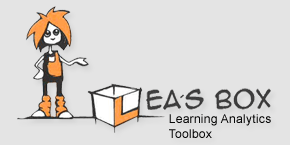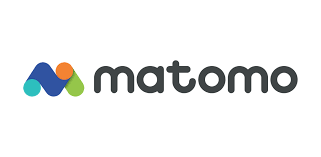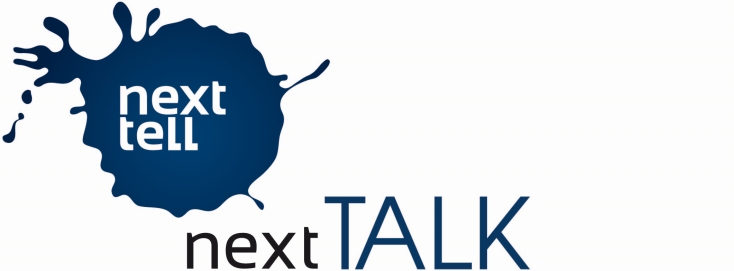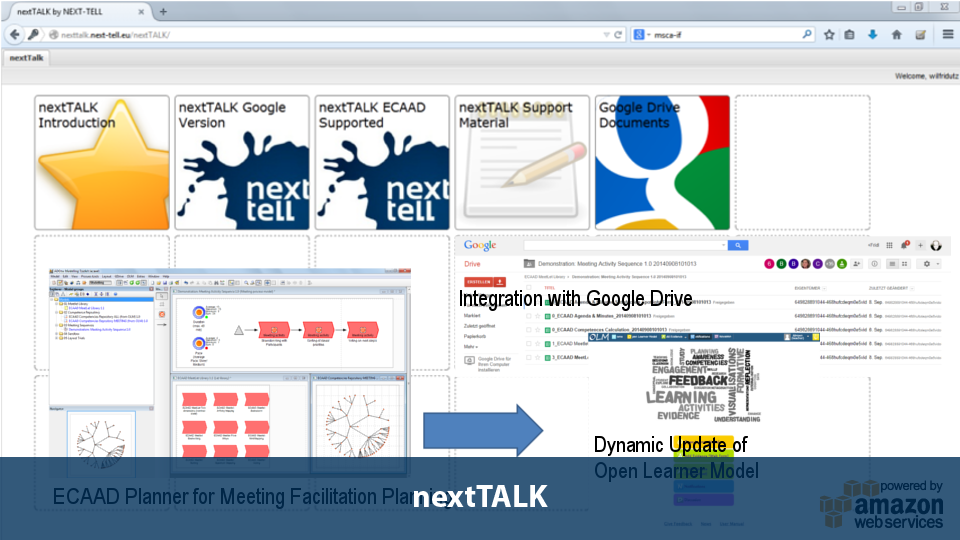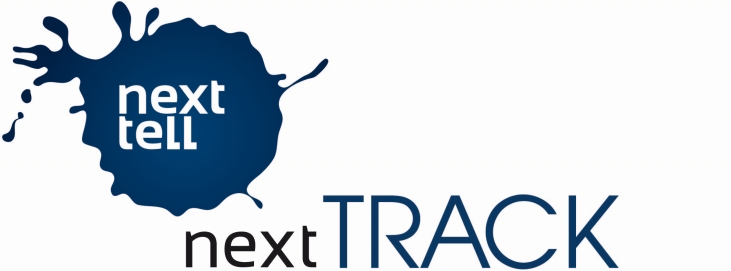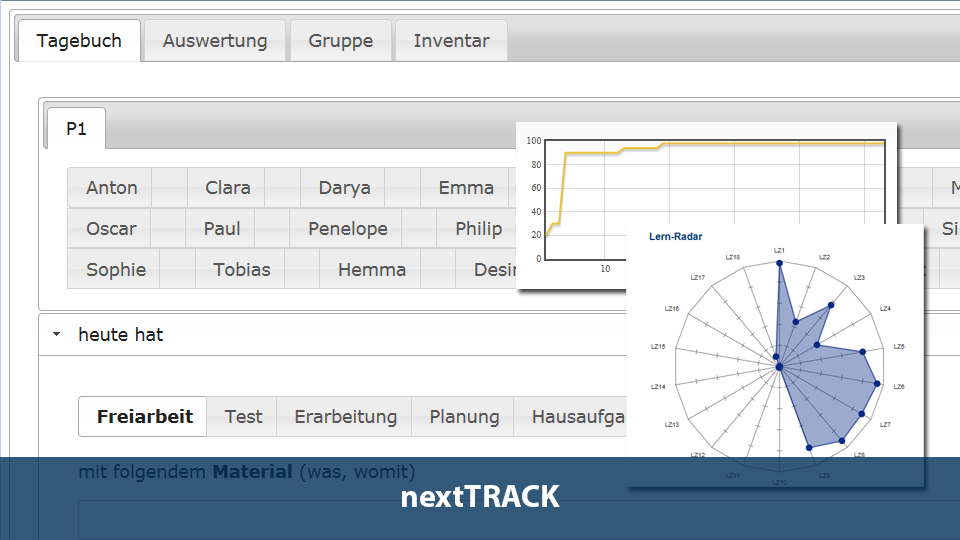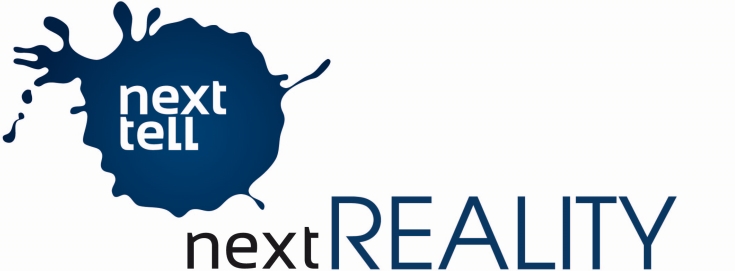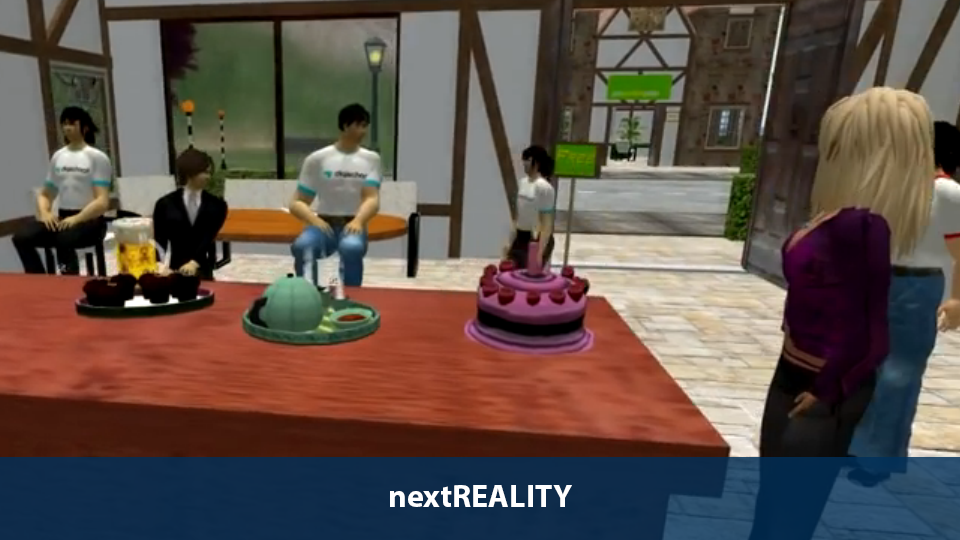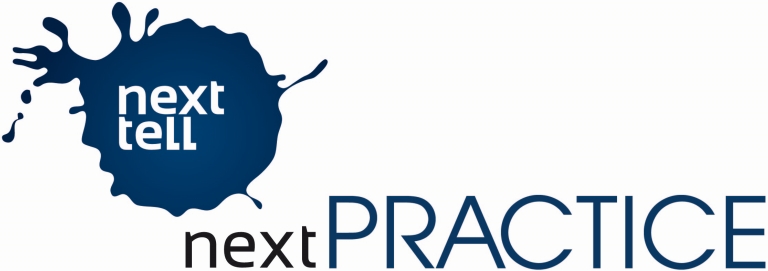DojoIBL is a platform that helps teachers and students to flexibly structure, organize and orchestrate collaborative learning processes.
A detailed User Guide to DojolBL is provided here
(https://docs.google.com/document/d/1Sgw4YJ4AzZnAVrI6M61apo7fw49hHXihVeIyG348BC4/edit)
LearnWeb is a learning and competence development environment which allows users to share and collaboratively work on resources collected from the Web or user-generated (Marenzi, Zerr 2012). It provides users with a search interface for resource discovery and sharing across various Web 2.0 services, such as YouTube, Flickr, Ipernity, Vimeo, and Bing, as well as LearnWeb itself, and can offer a personal Web 2.0 learning space. User Guide [TO BE PROVIDED] References Marenzi Ivana & Zerr Sergej (2012): Multiliteracies and active learning in CLIL: the development of LearnWeb2.0. IEEE Transactions on Learning Technologies (TLT). Los Alamitos, CA, USA, 5(4), 336-348. DOI:10.1109/TLT.2012.14. Marenzi Ivana (2014). Multiliteracies and e-learning2.0. Foreign language pedagogy content- and learner-oriented, Vol.28. Peter Lang, Frankfurt am Main. ISBN 978-3-631-65652-5 Bortoluzzi Maria & Marenzi Ivana (2014): YELLing for collaborative learning in teacher education: users’ voices in the social platform LearnWeb2.0. International Journal of Social Media and Interactive Learning Environments (IJSMILE), 2(2), 182-198. Bianchi F., Marenzi I. (2016). “Investigating student choices in performing higher-order comprehension tasks using TED talks in LearnWeb”. Lingue e Linguaggi, 19, 23-40. LEA’s BOX offers a learning analytics toolbox that is intended to enable educators to perform competence-centred, multi-source learning analytics based on:
- the foundations of sound psycho-pedagogical models,
- intelligent model-based reasoning services,
- innovative visualization techniques, and
- tailored to the very concrete demands and requirements of teachers and learners.
Lea’s Box offers new insights into learning processes by displaying the “structure of learning”. Directed graphs reveal the options of each individual learner, her strengths and concrete competencies gaps. Lea’s Box makes the step from analytics to formative analytics.
LeMo (monitoring of learning processes on personalizing and non-personalizing learning management systems) is a a web based Learning Analytics application, which provides detailed information on user navigational patterns within learning management systems and identifies needs for enhancement and revision of the learning offer. The prototype supports personalizing learning management systems that require a login for access as well as online encyclopedias that are non-personalizing, where neither login nor registration is needed to access content.
A special feature is that data analysis can be done independent of the respective platforms and hence it can be done across different platforms.
Moodle is one of the most popular and free platforms, add-ons for it would be good candidates for the tools section. Learning analytics and elearning reporting offer insights into the progress of learners and ensure that objectives are being met. Viewing trends of participation, submissions and other data can assist educators improve the elearning experience, vastly helping retention rates and student successes. The plugin features the following options:
- exclude tracking of admin users
- build full navigation tree for Piwik course category and activity tracking
- image based tracking in case javascript is disabled (for Piwik)
- advanced analytics for Google analytics (based on Bas Brands and Gavin Henricks work in 2013)
The plugin currently supports 3 Analytics modes, Piwik, Google Universal Analytics and Google Legacy Analytics.
IntelliBoard.net offers analytic and reporting services to education communities and institutions who use the Moodle LMS. IntelliBoard extracts the statistical data collected in Moodle, and presents this rich data on a single dashboard in the form of easy-to-read, aesthetic, and printable charts, graphs, and formatted reports.
In case one wants to do Analytics in the context of Serious Games and Virtual environments, the RGAE project offers a number of useful assets and plugins for conducting various types of analytics. myClass is a simple yet modular tool for teachers to make records about classroom activities and competence development. The idea is to equip teachers with a handy tool, tailored to small screen (such as smartphones) to enable them to make records about relevant activities and indicators of learning independent from other digital system. In that sense, myClass is a competency-oriented electronic classbook. The original and full version of myClass has been developed in the context of a prior project. In Lea’s Box we have reduced the functionality and tailored the tool to the very concrete needs of partner schools of the project. myClass offers features for competency tracking and basic reporting features. Of course, the tool has built in API towards the Lea’s Box platform. myClass comes with the fully functioning configuration tool for administrators. The Open Learner Modelling (OLM) system is a complex tool to model learners, conduct learning analytics, and visualize the results. The special strength of the OLM is that is opens the analytics processes to the learners and that it makes the result transparent; it allows users to select the appropriate visualizations and to start from high-level aggregations and drill down into the very details of evidences for learning. The OLM system technical is a JAVA application running on an Apache Server and connecting to a MySQL database. The download package contains detailed instructions. The OLM system is available as open source package. Lea’s Box offers a separate tool to visualise educational data and the learning progress of students over time in a rather 3-dimensional, landscape-like format. The visualisation presents both, already visited learning objects necessary to gain new skills of competences on a specific topic (e.g. algebra in maths) and corresponding positive completed test items. The visualisation is complemented with an interactive tag cloud for an intuitive navigation through the landscapes. Using timelines, the progress over time can be inspected. In professional life meetings are pivotal means of deliberation, planning, decision-making, capacity development, and community building. However, meetings are often badly prepared and conducted. This is even more the case for on-line meetings (e.g. via Skype or other web-conferencing tools), which require special skills and careful preparation. And while students increasingly spend time in groups in many subject areas, rarely is that kind of work used to foster facilitation skills systematically. This package allows students to learn about and experience facilitation first-hand, thereby developing a set of competencies that are useful for the life in school and beyond. This scenario applies to many subject areas where meetings are required to discuss problems and prepare decisions. Providing students with formatively inspired, individually tailored teaching, support, guidance, and feedback requires a very detailed understanding and great insight into the strength and weaknesses of students, their achievements, their attitudes and the ongoing social interactions. It requires a careful monitoring of the changes and the progress over time – for each individual student. This is a remarkable challenge for a teacher.
nextTRACK supports classroom-learning in two ways: On the one hand it allows a device-independent and very simple tracking of all sorts of events, activities and competence developments. As an example, having a tablet computer on a desk, a teacher can track important events right on time with a simple touch of the finger tip. Using nextTRACK is so easy, that students can use it as well. By documenting their own activities they unburden the teacher and, maybe even more important, take control over their own learning process – with all related positive pedagogical benefits (motivation, self-esteem, etc.).
On the other hand, nextTRACK provides modular features to analyse, work up, and present the gathered information. For example, a teacher can overlook the learning performance of the entire class and can immediately identify competence gaps or critical break-ins. A teacher can also look into the social relationships in a classroom and identify social roles. The system also automatically generates very detailed reports which can be used to communicate achievements or problems to the students or parents.
An epical feature is the Heuristics Engine that allows analysing certain data sets coming from external tools in terms of competency development. These analyses are based on a set of more or less complex rules and heuristics. Teaming up in virtual worlds – meet and learn together no matter of the physical distance – communicate, discuss, and play – talk to experts – master quests – experience adventures – see worlds you’ve never expected to see – experience events from the past or the future …
Virtual worlds offer an indescribable range of possibilities to meet, communicate, experience, and learn as individual or in groups. Virtual worlds offer a strong motivational potential, they are boosting interest, curiosity and the will to explore. Virtual worlds are a perfect educational playground!
nextREALITY offers ideas and guidelines of how to use virtual worlds in the ‘real’ classroom; it leads through safety and technology concerns and illustrates pedagogical approach for an effective uptake of virtual worlds in ‘serious’ teaching. To support teachers’ inquiry, and help them link this to strategic planning in schools. The methods and software are intended to help teachers who have been inspired by their class or colleagues; who want to explore and idea; who want to share what they find with colleagues in an easy and accessible way; and who want to know how to work with the senior leadership teams in schools in order to get support with this.
Research for teachers, by teachers – nextPRACTICE facilitates inquiry-based research among colleagues, using a step-by-step inquiry process supported by a tool to share findings.DojoIBL
LearnWeb
LEA's BOX - A Learning Analytics Toolbox
LEMO2
Moodle
Matomo (formerly known as Piwik)
IntelliBoard
Tools for serious games: RAGE
myClass
OLM
Learning Landscape
nextTALK
nextTRACK
nextREALITY
nextPRACTICE



